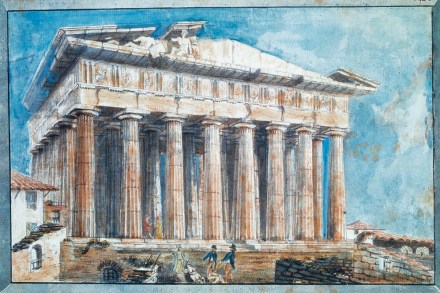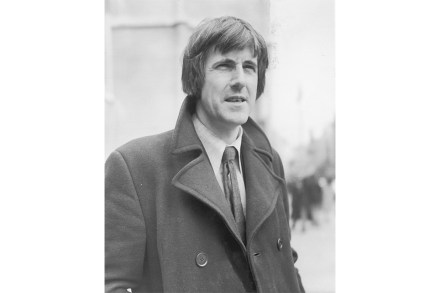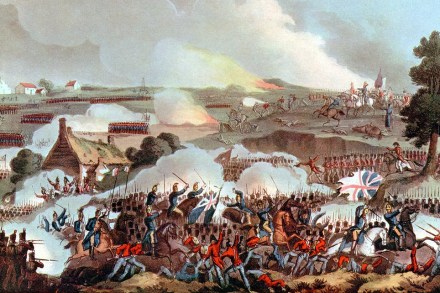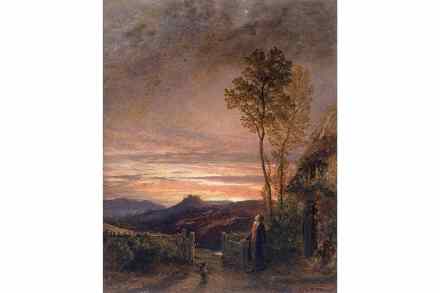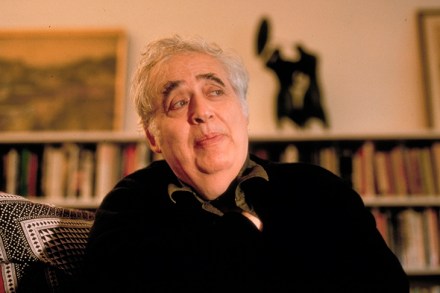It’s a wonder that the Parthenon remains standing at all
We all have our own vision of the Parthenon. Lord Elgin, for one, seems to have treated it like Harrods. Hoping to decorate his Scottish stately home with the Marbles, he wrote long instructions to his agent: ‘The first on the list are the metopes, the bas-reliefs and the remains of the statues… Would it be permissible to speak of a Caryatid?’ The Greek gods must have thought not, because Elgin’s fortunes rapidly took a turn for the worse. He lost some of the Marbles in a shipwreck in 1802; was imprisoned in a French fortress by Napoleon; his wife had an affair with his best friend; and he lost
